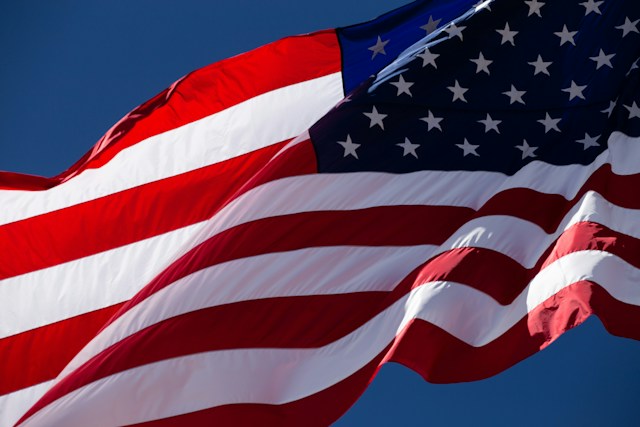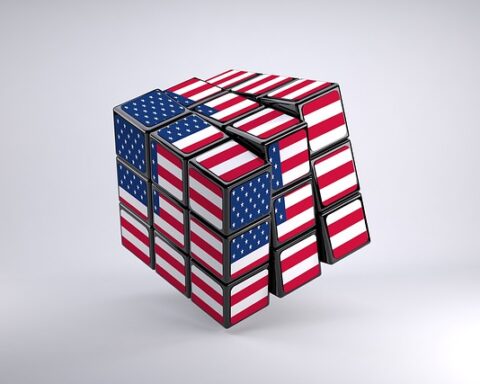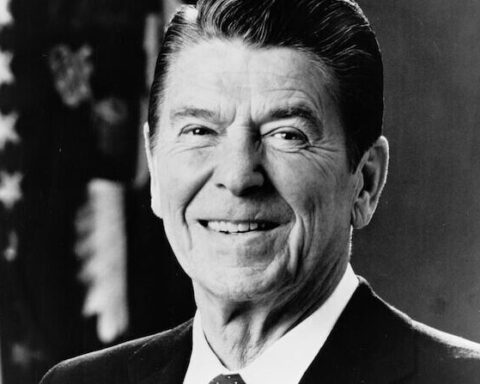“We cannot shirk our responsibility as the leader of the Free World, because we’re the only one that can do it. And therefore, the burden of maintaining the peace falls on us. And to maintain that peace requires strength.”
That quote is from Ronald Reagan in the 1980 presidential debate, and it encompasses an ideology of United States foreign policy that has led us to become the sole superpower in the world.
This ideology is not just a product of Reagan, however. It spans generations of American thinking and did not follow strict party lines.
Arthur Vandenberg, a Republican Senator from Michigan from 1928 to 1951, exemplified this bipartisanism in 1947 when he supported Democratic President Harry Truman’s foreign policies. This is illustrated in his famous quote, “politics stops at the water’s edge. ”
Meaning we won’t always agree on foreign policy, but partisan politics should not define the ultimate decisions.
These concepts of being the leader of the free world, peace through strength, and bipartisan foreign policy have been the backbone of U.S. foreign policy since.
While not always perfect, they have defined us as a democratic superpower and led global politics to more peace and less conflict than before our superpower status.
However, the extreme wings of both the Republican and Democratic parties are pushing for a shift away from this and to a more isolationist tone that could be very dangerous.
In this article, we’ll discuss how we became a superpower, why U.S. foreign policy and our role as leader of the world political structure is so important, and why this trend of isolationism from Republicans and Democrats could threaten our superpower status and global politics.



